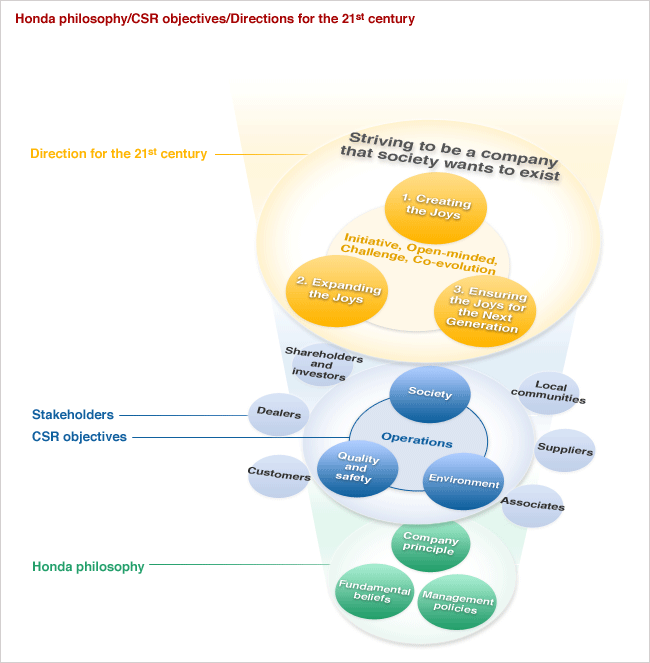An article in the Globe and Mail last week titled CRTC spikes BCE-Astral deal outlined the turning down of Bell Media and Astral Media’s merge. The Canadian Radio-television Telecommunications Commission (CRTC), regulator of Canadian broadcasting and telecommunications systems opposed Bell Canada Enterprise’s (BCE Inc.) takeover of Astral Media last week. The $3-billion acquisition was claimed to be in too much favour of the telecommunications corporation rather than considering the effect on consumers.
With a single corporation controlling a majority of Canadian broadcasting systems which would include 100 new radio stations, 30 television stations and a mix of 56 other services, the price of services would definitely be driven up. The CRTC believes that the deal would give one media company too much power and inflate the prices. The opposition of this deal shows that the “CRTC will turn away any deal where the Canadian broadcasting companies try to earn bigger shares in the competitive market” – if they put the shareholders interests before the consumers. The deal would give Bell a competitive advantage in Quebec as it would control 42% of the English television market and 33% of the French. While Bell argued that it needed the deal in order to compete with international competition such as Netflix. The CRTC does not believe that Bell needs to expand in order to be more competitive. The deal was turned down because Bell would be acquiring too much control over Canadian Broadcasting market.



